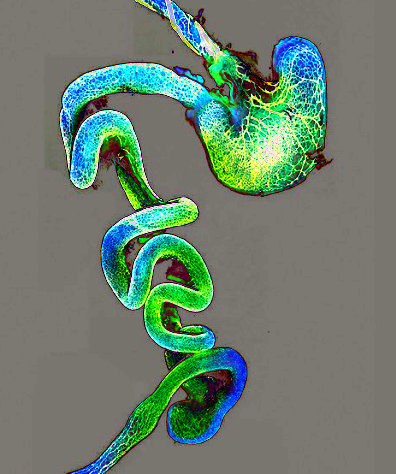Microbes reflect arthritis signs
 Gut bugs could predict and prevent rheumatoid arthritis.
Gut bugs could predict and prevent rheumatoid arthritis.
A study in the Annals of the Rheumatic Diseases highlights significant links between gut microbiome changes and the early onset of rheumatoid arthritis (RA).
Over 15 months, researchers analysed gut microbiomes from 124 at-risk individuals, seven newly diagnosed patients, and 22 healthy participants.
Among the 30 at-risk individuals who developed RA, microbial diversity (alpha diversity) was significantly lower compared to healthy participants.
This decline was linked to higher levels of anticyclic citrullinated protein (anti-CCP) antibodies, a key marker for RA.
Those with low anti-CCP levels showed microbial diversity closer to that of the healthy group.
Specific strains of Prevotellaceae, particularly P. copri, were abundant in those progressing to RA and in newly diagnosed patients but were rare in healthy individuals.
The findings suggest that distinct P. copri strains might either accelerate or signal disease progression, as three strains were enriched and five depleted among progressors.
The most pronounced microbial instability occurred within ten months before RA diagnosis, indicating late-stage shifts in the microbiome.
After this period, microbial profiles stabilised, implying that these changes might signify advanced preclinical RA.
Researchers noted that these microbial shifts could assist in identifying high-risk individuals and tailoring prevention strategies.
“The gut microbiome may offer new opportunities for targeted prevention, particularly in individuals with imminent arthritis,” the study states.







 Print
Print


